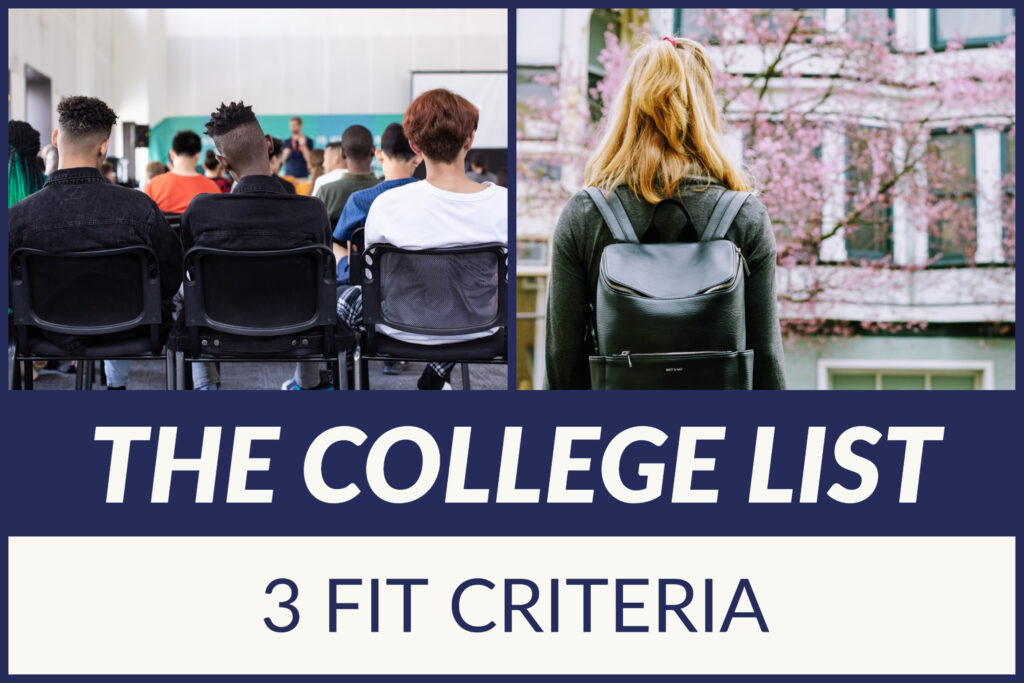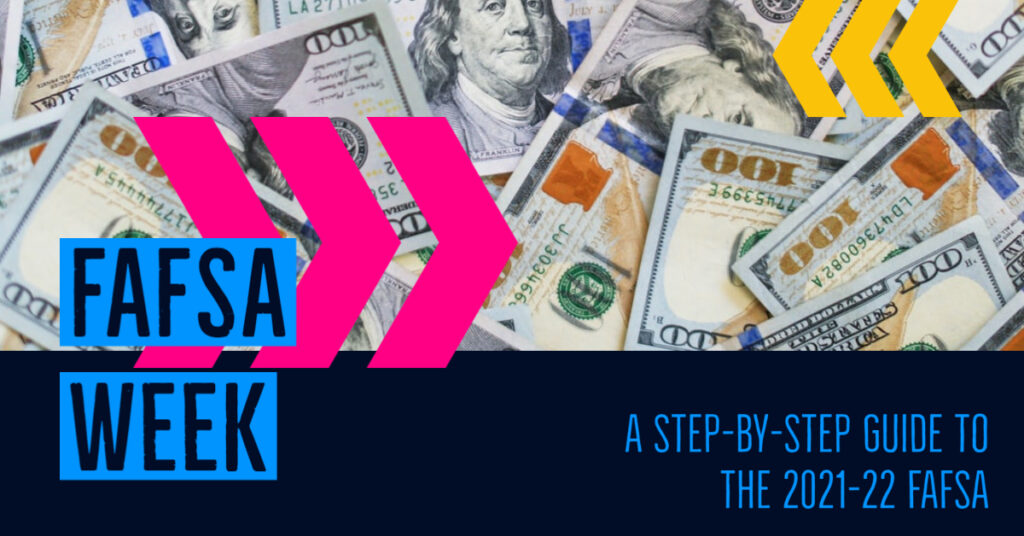
A recent educational survey conducted by T. Rowe Price has revealed that almost 45% of parents who are saving for college are using a normal savings account. Only 31% of parents are using a 529 plan for the college-savings purpose.
The prime reason so fewer people are saving through the 529 plan is people are not aware of the 529 plan. The T. Rowe Price survey has revealed that nearly one-third (28%) of the parents are not aware of what the 529 plan is all about.
So, if you are one of the 28% people who are still not aware of the benefits you’ll get from the 529 plan then please read the article once.
The 4 Key points of the 529 plan that you should read first
- The 529 plan helps you to save for the education-related expenses of any student in your family. The education-related expenses include college or post-secondary education, tuition fees for elementary, secondary, and religious schools.
- The person who opens the 529 account plan is called the ‘Account Holder’ or the saver.
- The person for whom the 529 account plan is opened is called the ‘Beneficiary’ or the student.
- The ‘Account Holder’ or the ‘Beneficiary’ doesn’t need to be two separate persons, there will be nothing illegal if both are the same person.
10 Benefits of a 529 Plan
Now, maybe you are one of those parents who have heard about the 529 plan but do not have any information about it. Below are 10 benefits of a 529 Plan.
1. You will get the benefit of tax while saving money in the 529 account
In many of the US states, you will get a tax deduction or credit for contribution if you save your money in the 529 accounts. Your money will grow on a tax-advantaged basis in the 529 accounts and if you spend the money saved in the 529 accounts, for qualified education expenses then you can withdraw the money in a tax-free way.
2. The 529 plan helps you to reduce the student loan borrowing
It is a concern that the expenses of higher education are increasing every year. You have nowhere to go but to take out the student loan with a high-interest rate. The 529 plan can provide you with adequate support to lessen your dependence on the student loan.
According to student loan experts, there is nothing better option than a 529 plan to reduce your student loan.
“Every dollar you save is about a dollar less you’ll have to borrow…. Saving money for college lets you avoid paying interest on the money you’d otherwise have to borrow.” Mark Kantrowitz, college finance advisor
3. The grandparents can benefit by contributing to the 529 plan of the grandchild
The grandparents can benefit from the significant tax break by contributing to the 529 plan of the grandchild.
If a grandparent owns the 529 plan for the grandchild, it will reduce the potential tax liability of the grandparents.
The grandparents can also get benefit from the state income tax deduction as per their state rule if they contribute to the 529 plan.
4. The 529 plan is good for them who have started contributing in the account a little late
If you open the 529 plan for your child and grandchild when he/she is in middle or high school, it will not be too late.
Even the college savers can also get the benefit by opening the 529 plan a little bit late. According to the Washington Post, around 46% of Americans live in a state which offers state-specific-income-tax benefit for contributing to the 529 plan. The plan can reduce your tax burden.
There are rules in the 529 plan that if you have started late in contributing to the 529 plan and want the asset to grow then you can withdraw the money from the account a little bit late.
5. Your home state-sponsored 529 plan can provide you some additional tax advantages
Almost all the states, in the USA, sponsors the 529 plan for accredited schools in any state. Many US states offer state income tax deduction for residents who are contributing to their home state’s 529 plan.
This is the benefit of contributing to the 529 plan of your home state, it will give you additional tax benefits.
6. The child won’t lose the other financial aids if you contribute to the 529 plan
Many parents fear that opening a 529 plan can force their child to get less federal financial aid. But this is a wrong conception. The 529 savings plan is considered a parental asset. The child will never get less federal financial aid if the parents contribute to the 529 plan.
7. With the 529 plan, both the amount and date of contribution will be in your hand
The advantage of using the 529 plan is you can contribute in the account whatever amount you will be able to contribute and the annual payment date too will be as you choose to pay.
The minimum initial contribution requirement for most of the 529 plans is $25 and the upper limit of contribution is up to you. Like the contribution amount has no limit, the payment date also is not bound by anything.
Many people prefer to pay a monthly contribution to the 529 plan and others love to pay an annual contribution.
So, you can contribute any amount as you wish and whatever time you may like for contributing the amount.
8. You can have your own choice while selecting a 529 plan
There is a good number of 529 savings plan options available to choose from. If your state is offering a prepaid tuition plan or if you have selected the private college independent 529 plan then you can choose from a wide array of 529 plans.
The selection will give you an advantage if your child prefers to go to a particular type of school.
9. Money withdrawals from the 529 account are both penalty-added and penalty-free
If the student earns a scholarship then the same amount can be withdrawn from the 529 plan without paying any penalty and in tax-free manner.
For any urgent and nonqualified purpose if you need to withdraw money from the 529 accounts then you have to pay the federal income tax and 10% penalty.
However, for any urgent money requirement, you have other ways to obtain the required amount than making non-qualified withdrawals from the 529 plan or by going to the payday lenders.
None of the options will be considered a good decision taken by you. You’ll be penalized for the non-qualified withdrawals from the 529 account or have to make a payday loan debt settlement for repaying the urgent payday loan.
So, use other options if you need money for some urgent purposes.
10. The 529 plan will provide special benefits for students that a traditional savings account cannot give you
To bear the educational expenses, the 529 plan is best in the USA. The problem is parents are not aware of the 529 plan and they cannot differentiate between the 529 plan and the regular savings account, traditional and Roth IRA.
You won’t get any tax benefit for saving your money in the regular savings account, traditional and Roth IRA for educational purposes. You will get the tax benefit only by contributing to the 529 plan.
So, when you aim to save for education, you should depend only on the 529 plan.
____________________________________________
Today’s guest post is from Phil Bradford, a professional finance writer. You can find more of his articles on the topic of finance at https://community.debtcc.com/User/philbradford91









